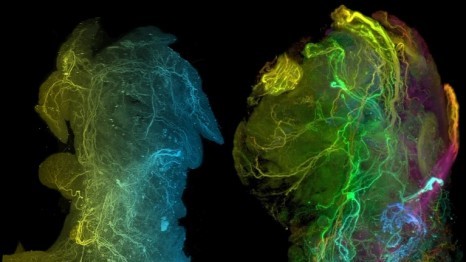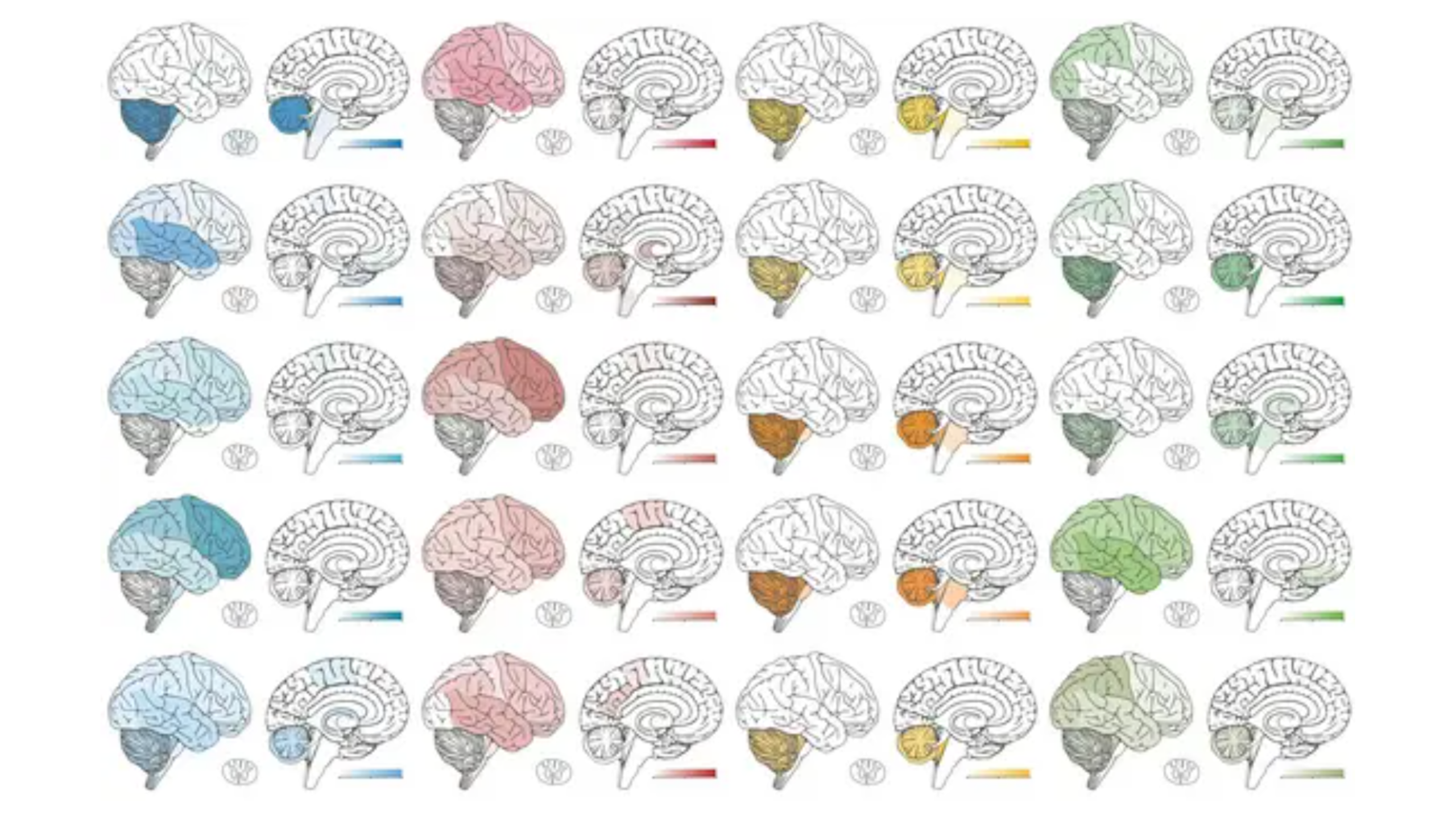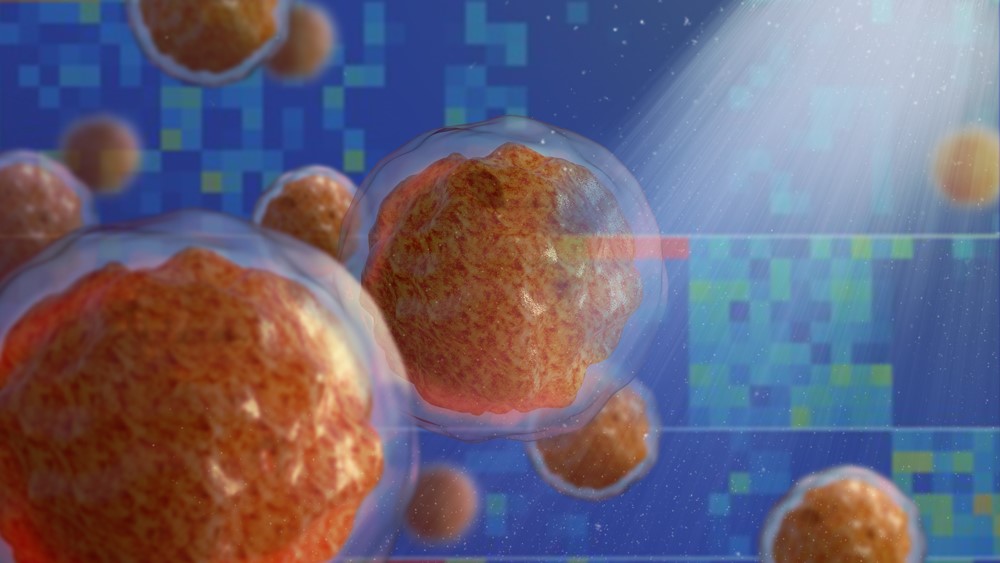
Research

Role of neural cells in tumor progression is becoming ever more evident. HI-STEM scientists published a landmark study in Nature elucidating the role of neural innervation in promoting the tumor progression in pancreatic cancer and how this cross-talk works. Now this study has been featured in an Outlook article in Nature Magazine. Full article can be […]
read more
A study establishes the molecular link between tumor metabolism and drug binding in cancer cells
Full text in German below. Eine Studie stellt die molekulare Verbindung zwischen Tumorstoffwechsel und Wirkstoffbindung in Krebszellen her Madison, WI USA. (09. Dezember 2025) Eine neue Studie, veröffentlicht in Nature Communications, zeigt technologische Vorteile, die Durchbrüche in der Präzisionsmedizin beschleunigen. Durchgeführt wurde sie als Zusammenarbeit zwischen Promega, dem Center for Advanced Study of Drug Action an der […]
read more
Hummingbird Diagnostics Publishes Study on RNA Biomarker Methylation in Liquid Biopsies
Revealing a new layer in lung cancer diagnostics using direct RNA sequencing HEIDELBERG, Germany, December 16, 2025 – Hummingbird Diagnostics GmbH, a pioneer in harnessing blood-based small RNAs for early disease detection and characterization, today announced the publication of a new study in Nature Communications Medicine introducing an Oxford Nanopore Technologies (ONT)-based method for detecting small RNA […]
read more
When partnership gets under your skin: How oxytocin and tenderness promote wound healing
Tenderness can literally get under your skin: An international research group led by Heidelberg University’s Medical Faculty and Heidelberg University Hospital has found that small skin wounds heal significantly faster in couples who are particularly affectionate with each other in everyday life and who also receive the hormone oxytocin. At the same time, they had […]
read more
Cystic fibrosis research: AI-assisted evaluation of MRI images in chronic rhinosinusitis
Persistent inflammation of the paranasal sinuses, chronic rhinosinusitis, is a common comorbidity in cystic fibrosis and significantly impairs quality of life. The working group led by Dr. Niclas Hagen, Institute for Medical Informatics at Heidelberg University’s Faculty of Medicine and Heidelberg University Hospital, is currently developing a method that uses AI to contribute to the […]
read more
AI-supported molecular cancer diagnosis for brain tumors
Researchers at the Hopp Children’s Cancer Center Heidelberg (KiTZ), the German Cancer Research Center (DKFZ), the Heidelberg Medical Faculty (MFHD) of Heidelberg University, and Heidelberg University Hospital (UKHD) have taken a decisive step toward more precise diagnosis of brain tumors. The latest version of the internationally used AI-based Heidelberg CNS Tumor Methylation Classifier can identify […]
read more
VIRE: a global data platform to better understand viruses
Researchers release a comprehensive viral genome database covering diverse ecosystems to advance understanding of viral evolution and ecosystem functions Summary Researchers have developed VIRE, a database that integrates approximately 1.7 million viral genomes derived from more than 100,000 metagenomes worldwide. Metagenomic data is obtained by comprehensively sequencing all DNA present in an environment. This approach enables […]
read more
AI-generated social media content as an opportunity for cancer prevention
Health communication content created using artificial intelligence (AI) can reach people on social media more effectively and encourage more interaction than conventional posts. This opens up new opportunities for effective and cost-efficient information campaigns—especially in the field of cancer prevention and early detection. The prerequisite is that AI-generated content must be used transparently, validated by […]
read more
Inflammation rewires bone marrow microenvironment long before leukaemias develop
New research suggests that inflammatory support cells play a key role in damaging bone marrow early in cancer development – potentially offering a new target for treatments that stop blood disorders before becoming cancerous. Summary The following news article is an amended version of a news release from UMC Mainz Office of Communications, published with […]
read more
